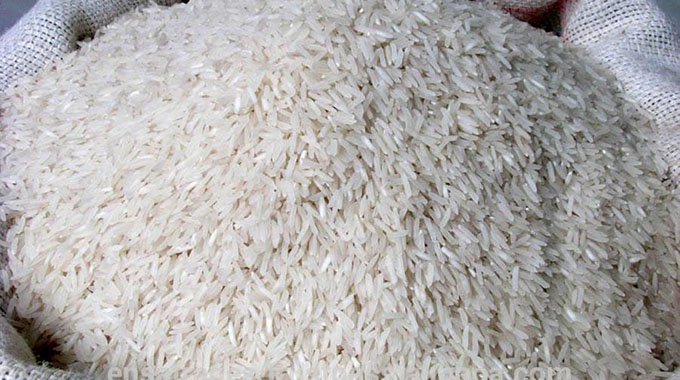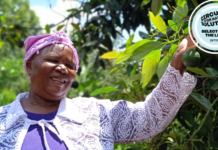Nqobile Bhebhe,Zimbabwe:
ZIMBABWE is reviving long standing plans of embarking on full scale commercial rice production with research on the feasibility currently underway with high-yield hybrid rice varieties being preferred.
Experts say Zimbabwe, once the breadbasket of Africa thanks to its warm climate and fertile land has potential to grow rice on a big scale if right strategies are adopted.
In 2017, a Government delegation was dispatched on a familiarisation mission to Egypt to acquaint itself with technology and viable methods of growing the cereal.
The Southern African country imports over 95 percent of its rice despite having ample production capacity underpinned by growing domestic demand for the crop.
The country produces around a tonne of rice annually, while it imports over 250 000 tonnes.
According to Lands, Agriculture and Rural Resettlement deputy minister, Davis Marapira, research is ongoing on varieties that might give yields of “ 10 tonnes per hectare,”.
Zimbabwe Commercial Farmers’ Union director, Jeremiah Tevera told local media that currently, production was on a small scale “although there is a research that is going on for summer rice,”.
He said operational costs such as “high electricity costs, water and inputs” mitigate against irrigating rice.
The government, in collaboration with the Seed Co. has initiated feasibility studies on rice production technologies and methods in a way to enhance capacity.
Despite having ample rice production capacity coupled with ability to produce rice using hybrid varieties, Zimbabwe imports over 95% of its rice.
The Seed Co. has successfully tested their seed rice in Pakistan and they expect the hybrid varieties to grow well even in the local conditions.
To ensure that commercial rice production is a success, the Seed Co. company will offer farmers with expertise and provide seeds needed for the programme.
Seed Co has started growing rice at its research station and soon could avail seeds to many farmers, reports show.
Demand for rice drastically increased to over 250 000 tonnes last year from 50 000 tonnes in 2010.
Changing tastes and consumer options have seen increased preference for rice as a substitute for maize.









